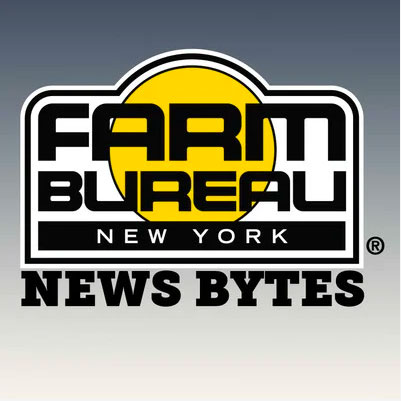NYFB NYS Budget Statement
New York State legislators passed the 2023-2024 fiscal budget plan for the New York State on May 2, 2023. The following is a statement from NYFB President David Fisher.
“The final state budget has some clear victories for the state’s farming community, but concerns remain over a rising minimum wage. The Refundable Investment Tax Credit, a New York Farm Bureau priority that is included in the fiscal plan, will be a boon for farms looking to expand, diversify, or upgrade their businesses over the next five years. It is one of the biggest investments the state has made into New York agriculture in years, and our organization greatly appreciates the support from Gov. Hochul, Sen. Michelle Hinchey, and Assembly Member Donna Lupardo for making this a reality.
We are also grateful for the overall agricultural funding that supports dozens of environmental, marketing, and research programs that farms rely on to improve what they do. This includes an additional $1 million in the Environmental Protection Fund to assist Soil and Water Conservation Districts carry out important assistance to farmers, landowners, and municipalities. Other opportunities in the budget include additional funding for universal school meals for all and procurement programs that will encourage more purchases of local farm products along with the continuation of Nourish NY. Thank you to all of the state lawmakers who are supporting agriculture in the state budget.
While these budget initiatives will benefit New York agriculture, New York Farm Bureau remains deeply concerned over the additional increase of the state’s minimum wage. If a farm cannot compete in the marketplace or make ends meet, nothing else will ultimately matter. This could negatively impact our farm employees, future job creation, and local food production. We ask our leaders to look for additional ways to offset mounting labor costs as the new minimum wage will keep increasing in the coming years along with inflation.
Agriculture is a leading driver of our economy and provider of locally produced food. It is imperative that the state not only invest in a stronger food system but create an environment that supports small businesses.”



